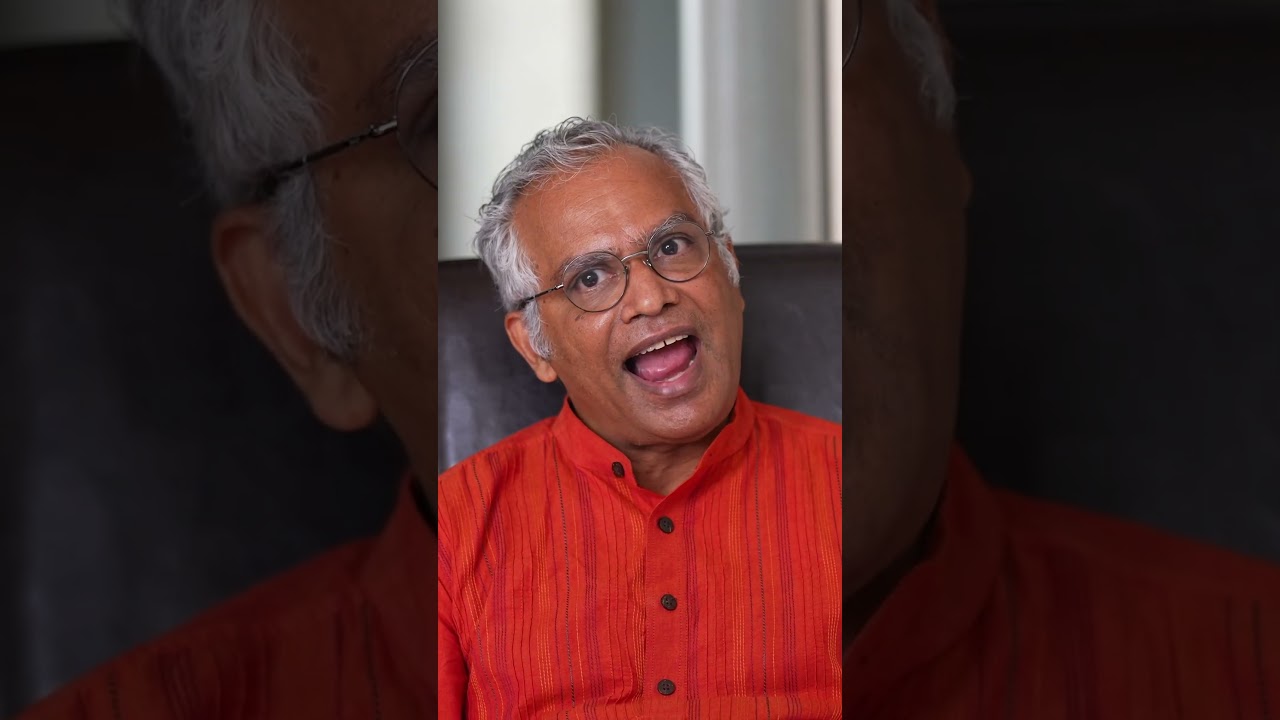In the video, Subbarao Kambhampati emphasizes the self-correcting nature of science and the importance of recognizing both positive and negative results in research for a more comprehensive understanding. He advocates for embracing negative outcomes as valuable insights that can enhance scientific progress, particularly in fields like artificial intelligence and machine learning.
In the video, Subbarao Kambhampati discusses the self-correcting nature of science, emphasizing its importance in the pursuit of knowledge. He references Einstein’s perspective on the validation of scientific theories, highlighting that having one correct theory is sufficient, while numerous incorrect theories do not contribute positively to scientific understanding. This notion underscores the idea that the scientific process is iterative and continually evolving, relying on corrections and improvements over time.
Kambhampati points out the significance of recognizing both positive and negative results in scientific research. He mentions a recent paper presented at the ICML conference that advocates for embracing negative results, which can often provide valuable insights. He argues that understanding the limitations of scientific findings is just as crucial as celebrating successes. This balanced perspective allows researchers to develop a more comprehensive understanding of their field.
The speaker also addresses the common tendency in science to focus solely on positive outcomes, suggesting that this can lead to a distorted view of capabilities and limitations. By acknowledging negative results, scientists can avoid delusions about what their research can achieve. This awareness is essential for the responsible application of scientific discoveries, particularly in fields such as artificial intelligence and machine learning.
Kambhampati highlights the potential utility of large language models (LLMs), recognizing their impressive capabilities while cautioning against overestimating their effectiveness. He stresses the need for a realistic understanding of what these models can do and their limitations. This caution is vital for ensuring that researchers and practitioners can utilize these technologies appropriately, avoiding pitfalls that may arise from misunderstandings about their functionality.
In conclusion, the video brings forth a compelling argument for the importance of a self-correcting scientific process that values both successes and failures. Kambhampati advocates for a more nuanced approach in research, where negative results are not dismissed but embraced as part of the learning process. By fostering a culture that appreciates the full spectrum of scientific inquiry, the community can advance knowledge more effectively and responsibly.
